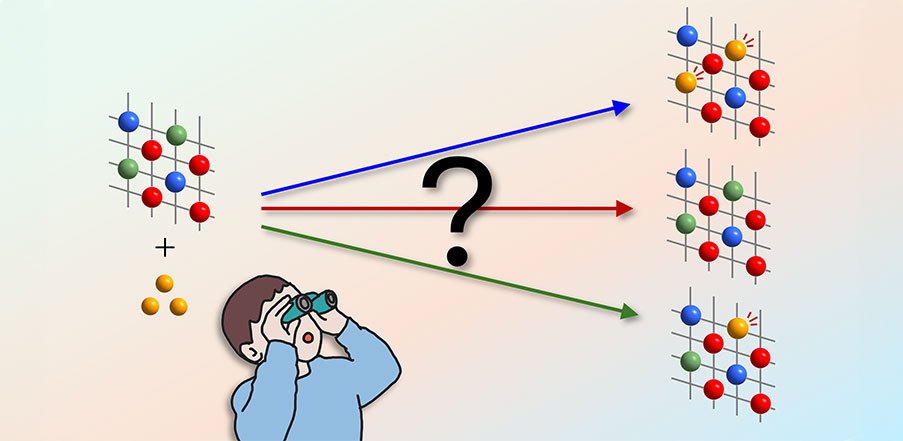NSW Health is reminding people toonce again be vigilant about their health, with smoke from many fires continuingto blanket Sydney.
NSW Health Director ofEnvironmental Health, Dr Richard Broome said the fire emergency engulfing manyparts of the State means the smoke that has affected so many communities showsno sign of lifting in the near future.
Presentations to emergencydepartments and/or calls for NSW Ambulance assistance for asthma or breathingproblems continue to be higher than normal for a third straight week acrossNSW.
Over the last week, there havebeen around 1,140 presentations, about 25 per cent more than the usual weeklyaverage of around 900. The largest increases have been in South Western SydneyLocal Health District, which serves the region particularly affected by smokeover the last week.
NSW Ambulance has fielded around2,330 calls in the same period, around 30 per cent more than the average forthe week of 1,780.
“These numbers show the smoke continuesto have an impact on people’s health and reinforces the need for people to takesteps to reduce their exposure,” Dr Broome said.
For most people, smoke causesmild symptoms like sore eyes, nose and throat. However, people with conditionslike asthma, emphysema and angina are at greater risk because the smoke cantrigger their symptoms.
“NSW Health continues to recommendthat people with these conditions should avoid outdoor physical activity whenthere’s smoke around,” Dr Broome said.
Dr Broome said, with more andmore people starting to wear a variety of face-masks, it is important toconsider the evidence.
“The main concern with smoke isthe very fine PM2.5 particles, which are so small they pass through most typesof mask. A P2 mask does filter out these particles, but is only effective ifthere is a good fit and an air-tight seal around the mouth and nose. Evidenceshows that this is difficult to achieve in practice, so they may not providethe benefit people are hoping for.”
In case of emergency alwaysremember to dial Triple Zero. More information is available online at:
https://www.health.nsw.gov.au/environment/factsheets/Pages/bushfire -smoke.aspx



